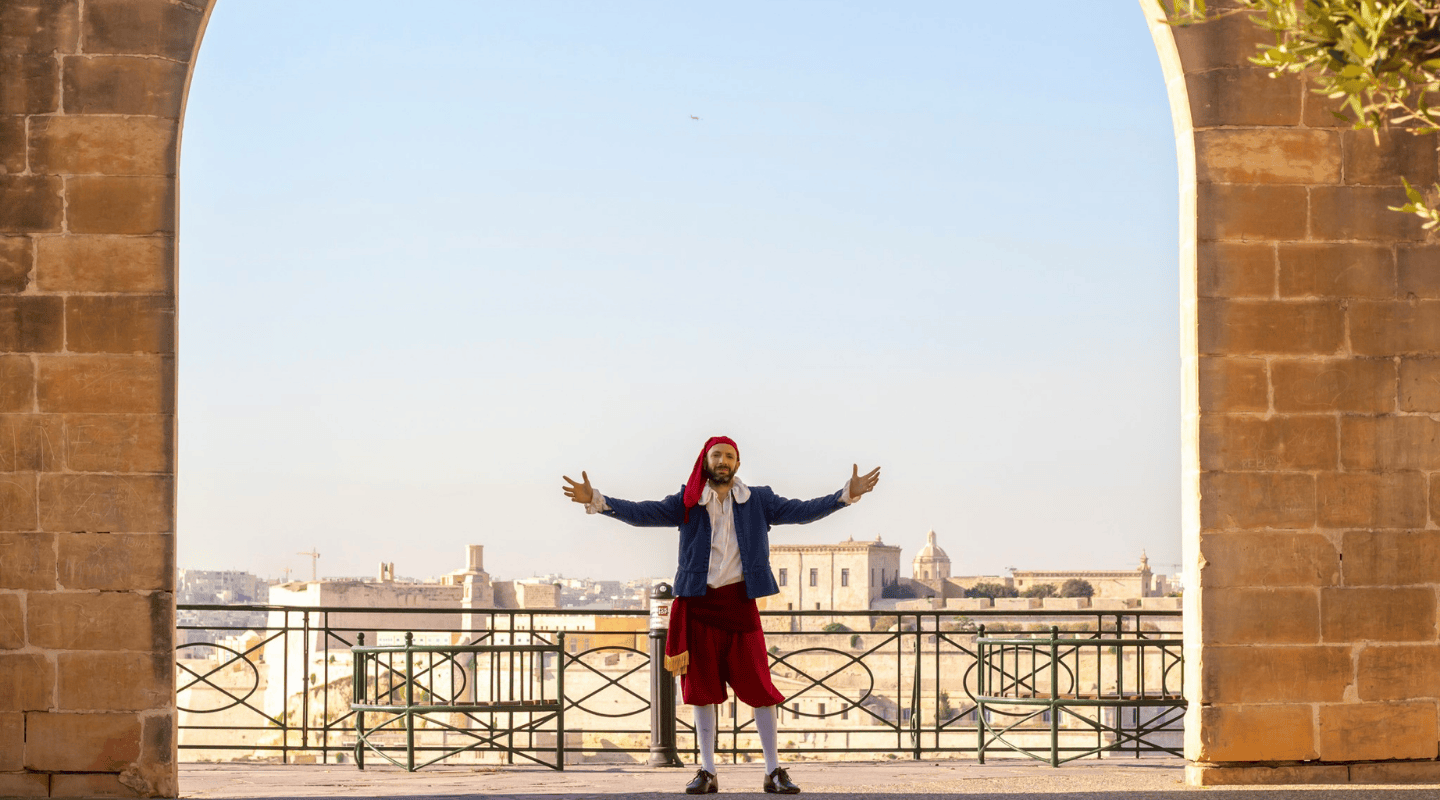 WHAT: Rodelinda
WHAT: Rodelinda
WHEN: February 28 – March 15, 2014
WHERE: London Coliseum (St. Martin’s Lane, Charing Cross, WC2N 4ES)
RUNTIME: 210 min (w/ 2 intervals)
WHO: English National Opera & Bolshoi Theatre of Russia
PRICE: £12-99
OUR RATING: Chance It?
 Handel’s Rodelinda has thrown the Storefront City team into quite a conundrum. Usually so agreeable, we both had different ideas about how successful this production was and so have put an unusual question mark after our above rating. The opera seria in three acts by George Frideric Handel was composed in 1725 and with a libretto by Nicola Francesco Haym.
Handel’s Rodelinda has thrown the Storefront City team into quite a conundrum. Usually so agreeable, we both had different ideas about how successful this production was and so have put an unusual question mark after our above rating. The opera seria in three acts by George Frideric Handel was composed in 1725 and with a libretto by Nicola Francesco Haym.
An epic story of love, loss and loyalty, Rodelinda opens with the King of Milan, Bertarido (Iestyn Davies), being exiled from his kingdom by the usurper Grimoaldo (John Mark Ainsley), who thinks him dead. The eponymous Rodelinda (Rebecca Evans), wife of Bertarido, is locked away by Grimoaldo, who wishes to coerce her into marriage and thus solidify his rule over the city. Little does Grimoaldo know that Bertarido is very much alive and ready to reclaim his throne.
Adam: Technically excellent singing marks out ENO productions as a true treat, mellifluous notes always so well delivered and players willing to give their all to the performance. The music is glorious, but directorial decisions tended to distract from the overall quality of the experience.

As with all ENO productions, Rodelinda is presented here in English, which serves to allow the audience to better understand the content, albeit at some expense to the original beauty of the Italian. This understanding, however, can lead to severe directorial limitations – as was the case here. Richard Jones often emphasised the acting out of repeated lines, leading to a confusion between the comedic and dramatic tension. Were the lines supposed to be clowned, or is this an effect of the translation? I will leave this up to the audience, but it certainly leads to a strange introduction of comedy into an opera that was truly attempting to be dramatic.

That being said, an excellent array of characters made for an enrapturing evening. Conducted by the incomparable Christian Curnyn, the orchestra conjured the scene before us with spectacular Handelian melodies. At centre stage was Rebecca Evans in the title role, relishing every aria and reaching every note. Iestyn Davies’ fantastic countertenorial skill made for a perfect pairing with Evans, and showcased the pure talent on the ENO stage.

Alicia: The first two acts of the ENO’s Rodelinda, were, I dare say, an elegant mess. The ENO has a reputation as the ‘House of Handel’, but ‘awkward’ and ‘underwhelming’ are the final words that come to my mind regarding the production. I am awed at the ridiculous and random staging the poor, talented singers have to go through while performing, and that they are able to do such things while controlling their voice.

My first problem, specifically, was the lack of efficient thread-tracking. Loyalty is important in this story, and to symbolise this, director Richard Jones implements both tattooing (which is apparently a clean and bloodless event in his world) and blood-binding. You see these things happening, but there’s not as much meat to them as there could be, and you’re left wondering why they even bother with starting threads if they’re not going to do something with them.

Instead, these actions are really just some of the many choreographed motions randomly created on stage to entertain and distract the audience during the arias. I get this – arias are the majority of the opera and you can’t just have a single person on stage singing without anything else happening. But instead of some more nuanced staging, there is instead overly-dramatic and almost laughable moments that were downright distracting in a superbly uncomfortable way.

However, I must admit that the set and staging ultimately redeemed themselves in a few scenes, the loveliest of them all being the duet between Rodelinda and Bertarido in Act 2 Scene 7, “lo t’abbraccio”. The staging and set paired beautifully as the set dismantled in front of the audiences’ eyes just as the two lovers were forced apart from one another.

Final Thoughts: For all the errors in staging and direction, Rodelinda is a beautiful and moving opera. If you can get your hands on one of the cheaper tickets, this is an absolutely must see for any serious opera fan.
P.S.: For another version of this spectacular opera, why not try the Metropolitan Opera production of Rodelinda from 2012, now available on DVD.



